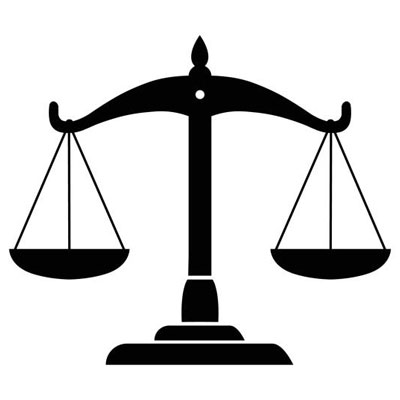This Business
Sucks
November 2023 - OpenAI | 2nd Runner Up

OpenAI, a prominent player in the field of artificial intelligence and language models, has recently attracted attention for its questionable practices, deserving of scrutiny and dishonour as a result.
One of the most significant controversies surrounding OpenAI is the issue of plagiarism by its language models, particularly Large Language Models (LLMs) such as GPT-3.5. These models are designed to generate human-like text based on the data they’ve been trained on. However, the line between original content generation and plagiarism has become blurred, leading to allegations and lawsuits from authors and content creators.
OpenAI’s LLMs have been accused of generating text that is remarkably similar to existing works, sometimes to the point of being indistinguishable from the original content. This has resulted in a slew of allegations of copyright infringement and intellectual property theft, leading to legal actions against OpenAI. While OpenAI claims that it’s working on addressing these issues, the fact that such problems have persisted under its watch is deeply concerning.
OpenAI’s advocacy for self-regulation in the AI industry raises eyebrows for its potential to protect its own market interests rather than promoting the greater good. The company has been vocal in pushing for self-imposed regulations on the development and deployment of AI technologies. While the intention of ensuring ethical AI use is commendable, the concern lies in OpenAI’s potential motivations.
By promoting self-regulation, OpenAI might be attempting to create an environment where it can maintain its competitive edge and control over AI technology. This stance could be seen as an effort to ward off external regulation that might limit its market freedom, creating a scenario where OpenAI sets the rules that favour its interests.
These dual controversies involving plagiarism and lobbying for self-regulation raise questions about OpenAI’s ethical standing and its commitment to promoting responsible AI development and deployment. To be a responsible player in the AI field, OpenAI must address these controversies. It should not only resolve the issues of plagiarism with its language models but also ensure its advocacy for self-regulation aligns with the broader interests of the industry, rather than protecting its own market position.
If OpenAI wishes to maintain its reputation as a leader in AI innovation, it must prioritize ethical practices, transparency, and a commitment to serving the greater good, rather than potentially self-serving motives. Without these changes, OpenAI’s reign as an impending doomsday figure in this new age of AI will continue, and OpenAI.Sucks will have earned its place on the internet as our sounding board for change.
Past winners
The multiple executive orders issued by the Trump Administration affecting law firms’ businesses and the deals many of those firms struck to avoid penalties...
It was Frontier Airlines, after joining in on the rush to add on what we know junk fees – a la carte charges for things that used to be/ought to be part of the basic service like…
It was Frontier Airlines, after joining in on the rush to add on what we know junk fees – a la carte charges for things that used to be/ought to be part of the basic service like…



